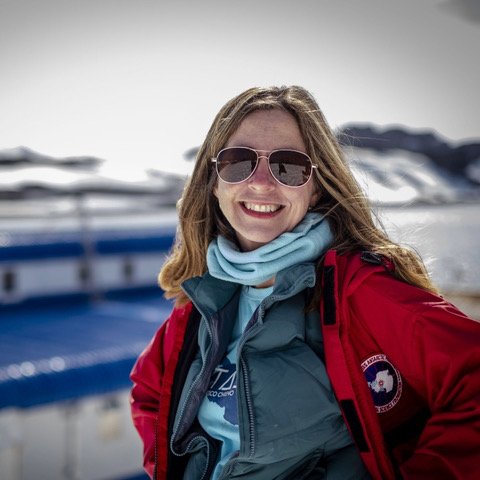In Loss and Wonder at the World's End, Laura A. Ogden brings together animals, people, and things—from beavers, stolen photographs, lichen, American explorers, and birdsong—to catalog the ways environmental change and colonial history are entangled in the Fuegian Archipelago of southernmost Chile and Argentina. Repeated algal blooms have closed fisheries in the archipelago. Glaciers are in retreat. Extractive industries such as commercial forestry, natural gas production, and salmon farming along with the introduction of nonnative species are rapidly transforming assemblages of life. Ogden archives forms of loss—including territory, language, sovereignty, and life itself—as well as forms of wonder, or moments when life continues to flourish even in the ruins of these devastations. Her account draws on long-term ethnographic research with settler and Indigenous communities; archival photographs; explorer journals; and experiments in natural history and performance studies. Loss and Wonder at the World's End frames environmental change as imperialism's shadow, a darkness cast over the earth in the wake of other losses.
Laura Ogden is a cultural anthropologist interested in the politics of environmental change and conservation. Her work contributes to theoretical discussions in political ecology, environmental anthropology, as well as ethnographic writing. She has conducted research in the Florida Everglades, with urban communities in the United States, and currently, is working on a long-term project in Tierra del Fuego, Chile. Her latest book is Loss and Wonder at the World’s End, published by Duke University Press in 2021. She is on the faculty in the Department of Anthropology at Dartmouth College and the graduate program in Ecology, Evolution, Environment & Society (EEES).


